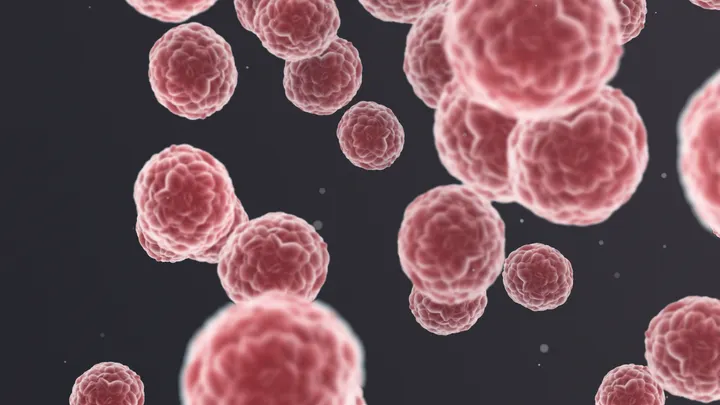In the fight against cancer, every breakthrough brings hope to millions people affected by this devastating disease.
Now, the scientists at the UC Davis Comprehensive Cancer Center in Sacramento, California presented a new promising route to treatment of cancer. Namely, they detailed the results of their study in a publication of the Cell Death & Differentiation journal.
The findings show that CD95 receptors, known as Fas, or “death receptors,” send a signal that causes cancer cells to “self-destruct.”
“Previous efforts to target this receptor have been unsuccessful. But now that we’ve identified this epitope (target), there could be a therapeutic path forward to target Fas in tumors,” Jogender Tushir-Singh, a senior author of the study and associate professor in the Department of Medical Microbiology and Immunology, stated in the release.
These CD95 receptors are located on the cell surface. Upon activation, they trigger a series of molecular processes that result in cell destruction. They play a crucial role in maintaining a cellular balance but scientists hadn’t explored their full potential until recently.
One of the biggest challenges in the fight against cancer is the therapeutic resistance, meaning the cells develop resistance to conventional treatments.
At the time being, the conventional treatments include surgery, chemotherapy, and radiotherapy.
Additionally, immune-based therapies have been also used in the fight against this disease, such as CAR (chimeric antigen receptor) T-cell therapy, but their effectiveness is limited to only certain types of cancer.
“Despite being decently successful in liquid tumors, such as leukemia spectrum cancers, long-term remission remains the biggest challenge for CAR T-cell therapies,” Tushir-Singh shared with Fox News.

The study revealed that there are now hopes “and potential solution to transform the meager success of CAR-T therapies into potentially successful [therapies for] solid tumors,” not only in treating leukemia.
The discovery of the Fas epitope could eliminate cell evasion by triggering programmed cell death. So, targeting Fas in cancer therapy will not only help overcome therapeutic resistance, but also show potential for enhancing the effectiveness of current immunotherapies.
“It is evident that the success of CAR-T therapy relies on off-target killing by Fas,” Tushir-Singh told Fox News Digital.
Further, he added: “With the current information, we researchers and doctors should screen potential cancer patients — who would be undergoing CAR-T therapy — to check for the comprehensive presence of Fas on their tumors.”
Please SHARE this article with your family and friends on Facebook.
Bored Daddy
Love and Peace

